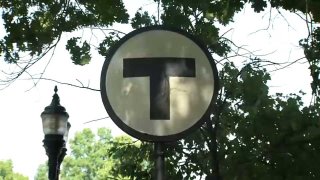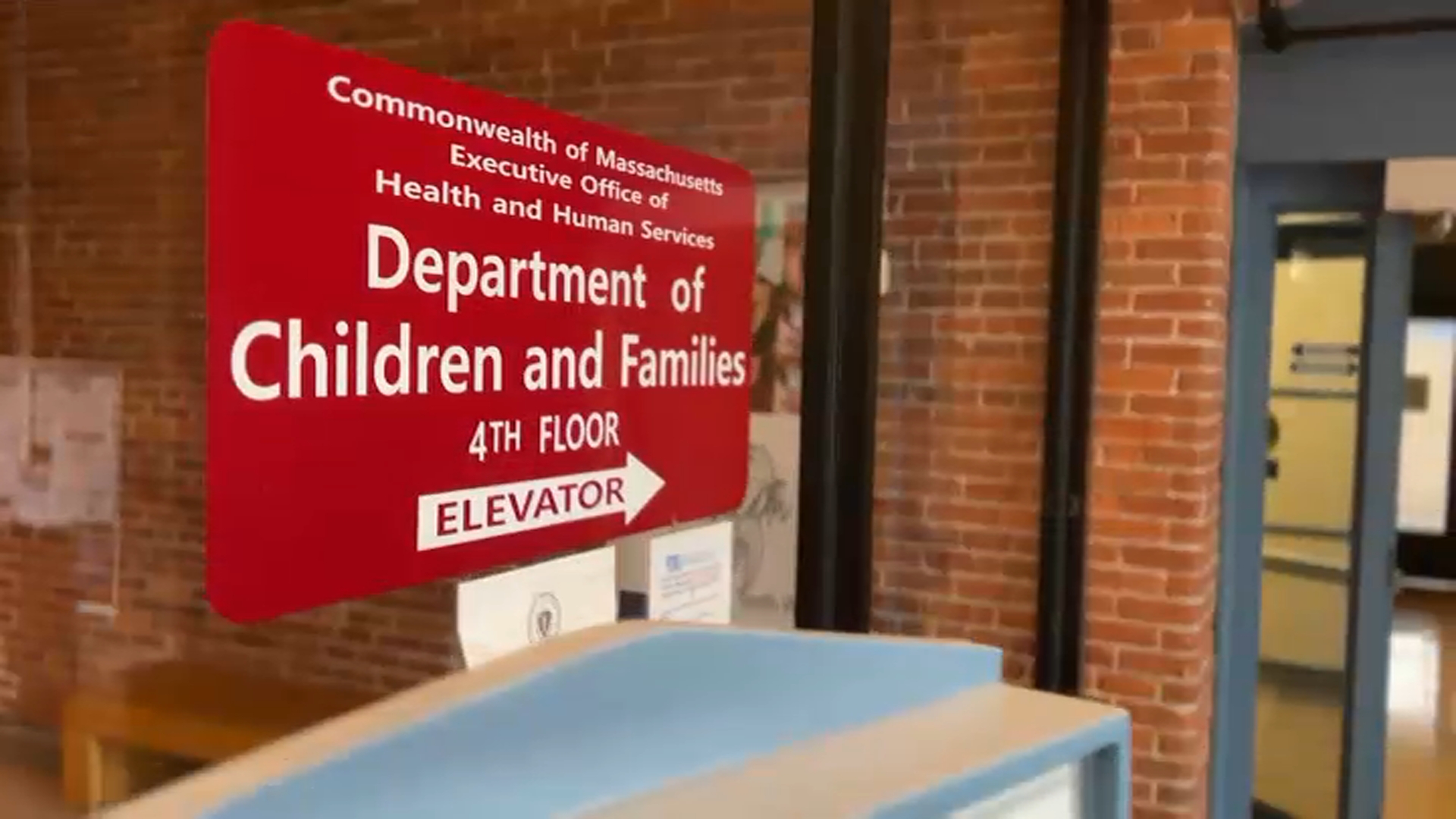
Furloughs for dozens of commuter rail workers are apparently not the only unpopular COVID-era budget cut from which the MBTA is now distancing itself: the T now plans to include enough funding in its next annual budget to run buses and trains on the same full schedule that was in place before the pandemic.
An MBTA spokesman said Monday that the agency will "provide full funding for pre-COVID service levels on bus and subway" in its fiscal year 2022 budget, confirming a change in approach that MBTA General Manager Steve Poftak described to the Boston Globe on Friday.
WATCH ANYTIME FOR FREE
Stream NBC10 Boston news for free, 24/7, wherever you are. |
However, the full slate of service will not return immediately when the new fiscal year begins on July 1.
"To facilitate the restoration of service as quickly as possible, 100 percent of pre-COVID service hours will be fully funded in the FY22 budget," MBTA spokesman Joe Pesaturo said in an email on Monday. "Fully funding the service hours means the MBTA can begin the process of hiring and training the personnel needed to restore service levels incrementally. The restoration process also includes developing service schedules. While the T is not in a position to restore all pre-pandemic service immediately, the planning process for getting there is starting now."
Get updates on what's happening in Boston to your inbox. Sign up for our News Headlines newsletter.
The MBTA has not laid off any employees due to the pandemic, and previously planned furloughs of 40 commuter rail staff will no longer take place. Pesaturo said hiring and training still needs to take place to restore service because of attrition and retirements, adding that the agency's hiring has been slowed by COVID.
Poftak and other officials still have not laid out an exact timeline for when all cut bus and subway service will return, but the goal of fully funding it in the FY22 budget is a new step.
The commuter rail also withstood significant cuts, including the end of weekend service on seven lines. Rather than restore those, the T plans to implement a new schedule starting in April running fewer trains at traditional rush hour times and more trains at other points in the day.
Local
In-depth news coverage of the Greater Boston Area.
The pivot comes after vocal criticism from the state's congressional delegation, whose members said the T should not cut service now and stash away the large sums of federal stimulus funding it received -- more than $1 billion already with another round on the way -- to cope with future budget issues.
"It is incongruous with our intent, speaking for the delegation, that an agency would take federal support from the taxpayer, and then cut services to those same taxpayers. That doesn't work for us," Rep. Stephen Lynch, D-Mass., said last week, pledging "hard discussions with the MBTA and with the governor."
Before lawmakers took aim at the T, the agency had set its sights on starting to restore some service in the summer and fall, reaching as high as 93% of pre-COVID bus service hours by autumn.
Like transit agencies across the country, the T faces reduced use and fare revenue because of the pandemic. More than a year into the crisis, average ridership is still hovering around 30 percent of pre-COVID levels.
The T's board approved a package of service cuts in December. Officials said they would both save money to cope with budget gaps exacerbated by the change in ridership and also realign the schedule to meet current demand.
One round of service cuts targeting the commuter rail system and ferries took effect in January, while a second set affecting buses and subways started March 14. Those changes slashed trip frequency by 20 percent on the Red, Orange and Green Lines and non-essential buses and by 5 percent on the Blue Line and essential bus routes.
Poftak estimated those cuts will save about $21 million over the remainder of FY21.
The T's Fiscal and Management Control Board and the Department of Transportation's Board of Directors are scheduled to meet next on March 29, where budget and service discussions could take place.
Chris Dempsey, director of the Transportation for Massachusetts group that has criticized the cuts, praised Poftak's plan to fully fund service in the upcoming budget.
"These cuts have been harmful to essential workers," Dempsey said in a statement. "It's good to see that MBTA management supports reversing course and bringing back subway and bus service to pre-COVID levels. Bravo to the state's Congressional delegation and many riders and workers who have helped push back on these cuts through their advocacy. In its impending vote, we hope the FMCB will go even further and support bringing back service more quickly to help riders who need it before mid-summer."



